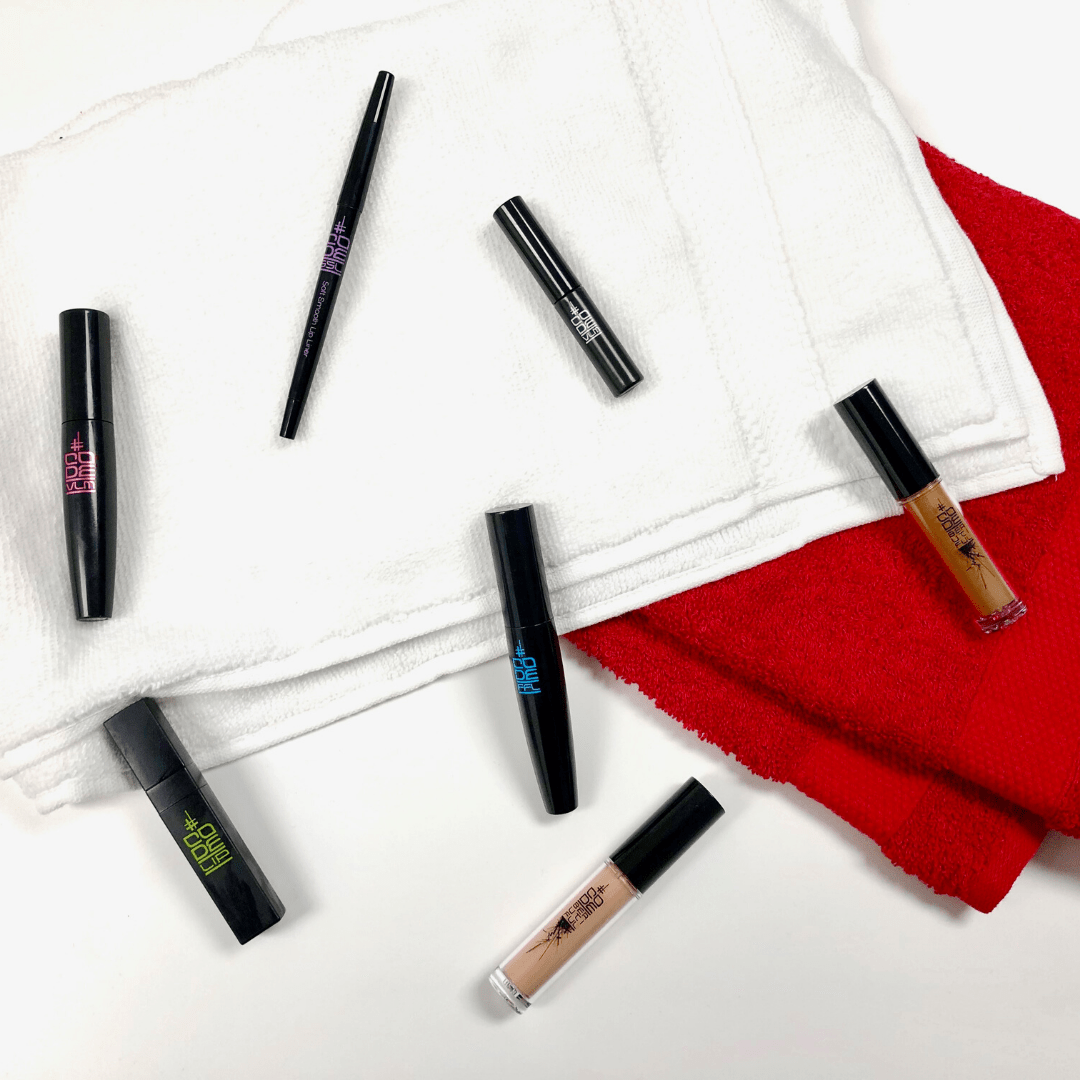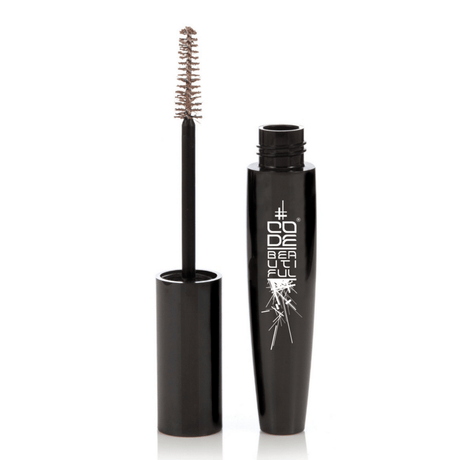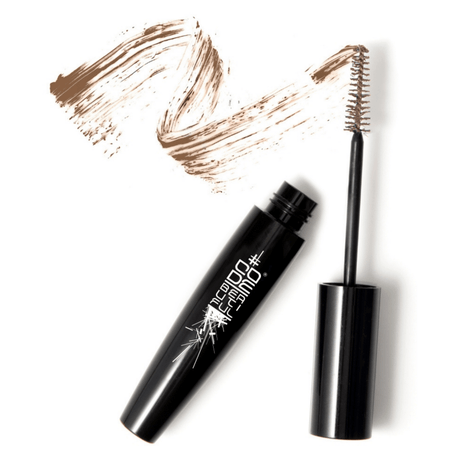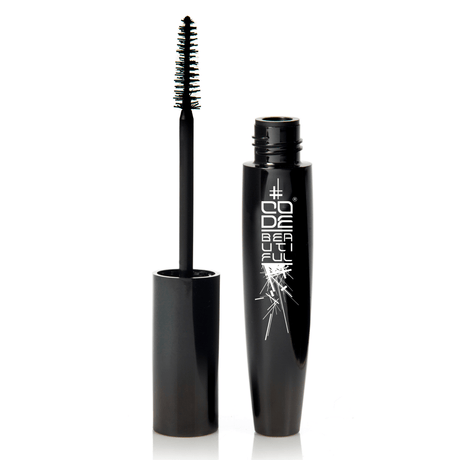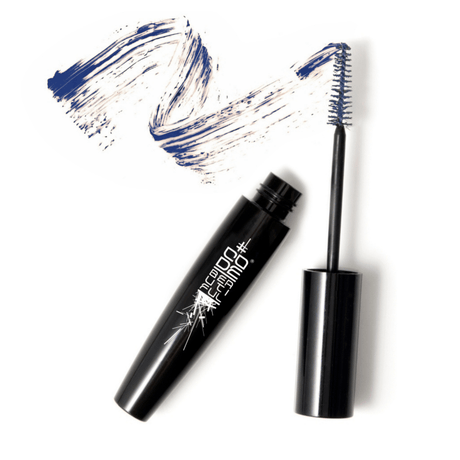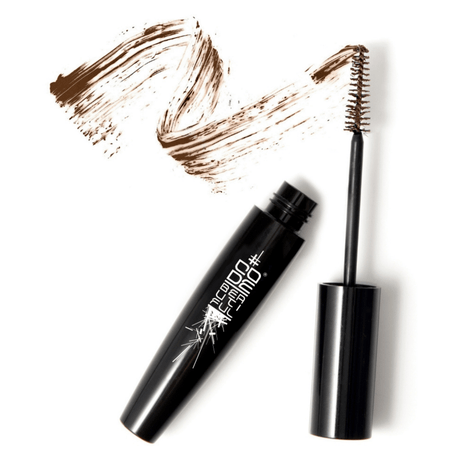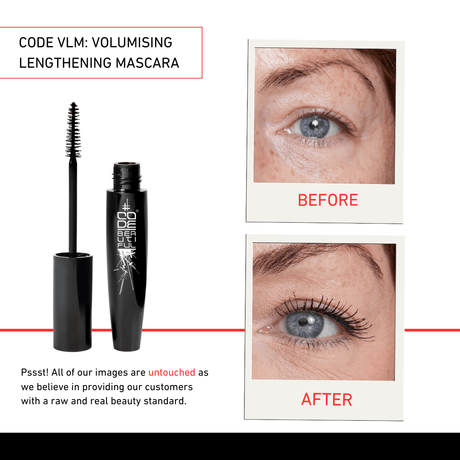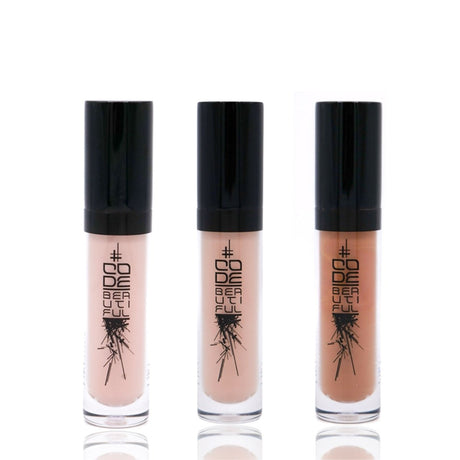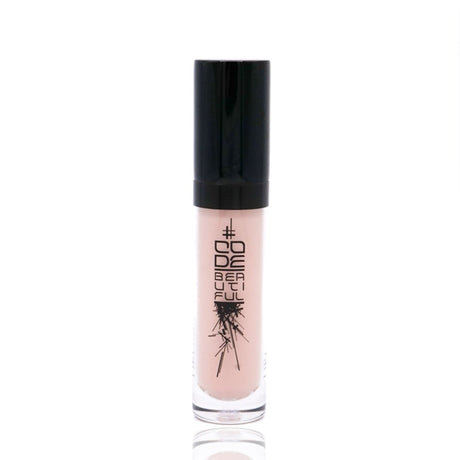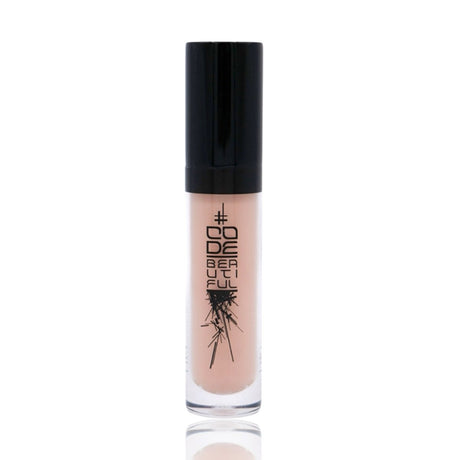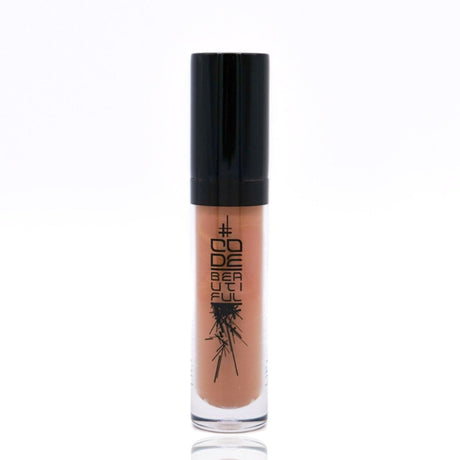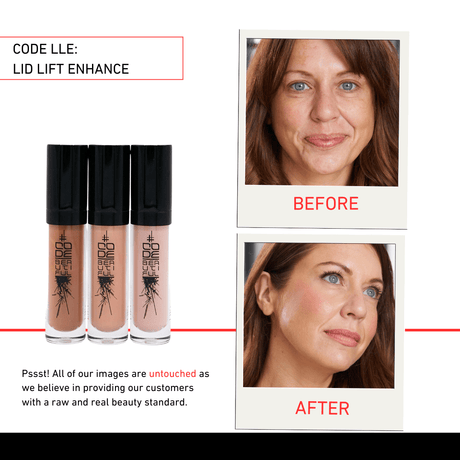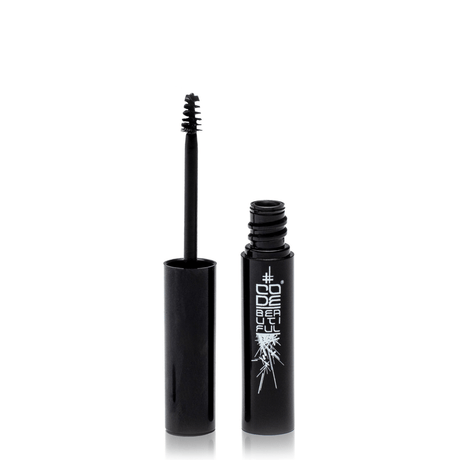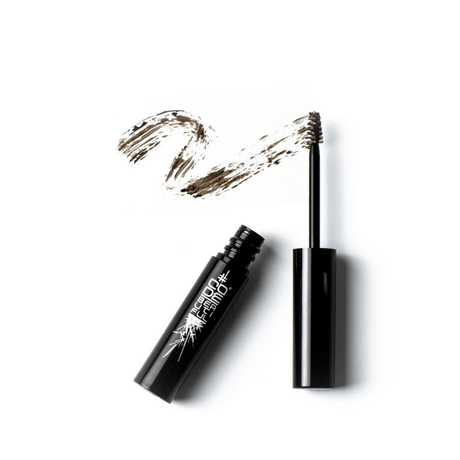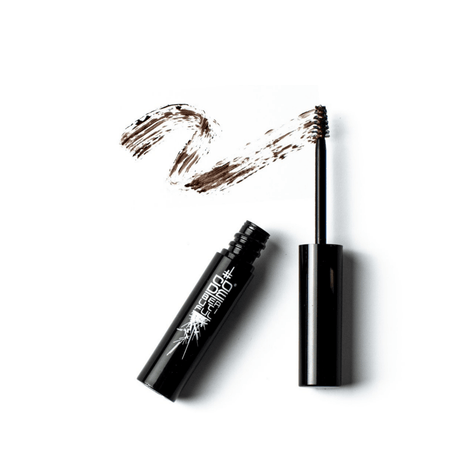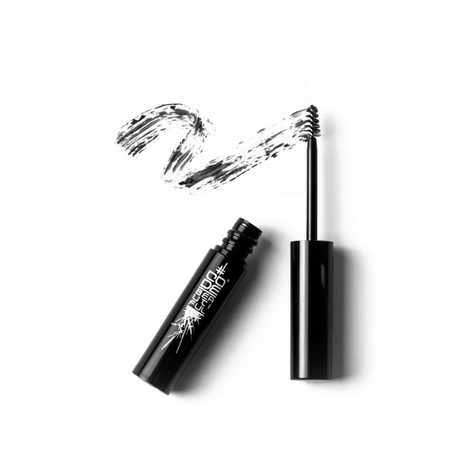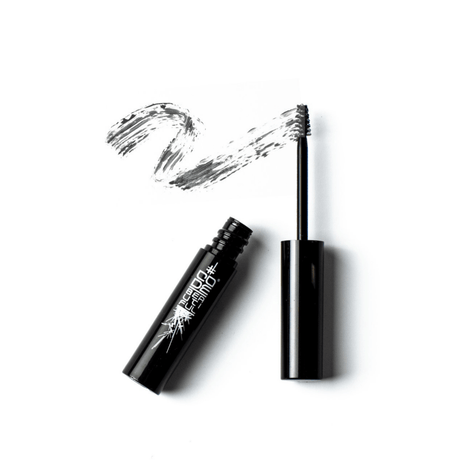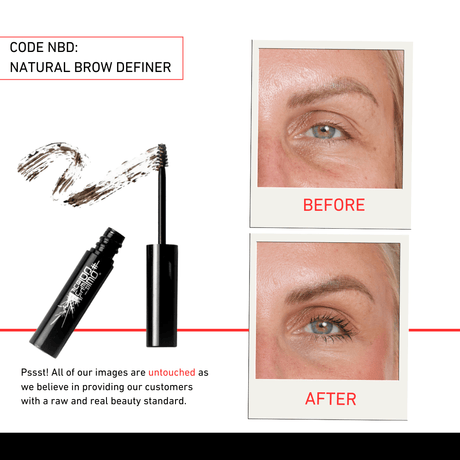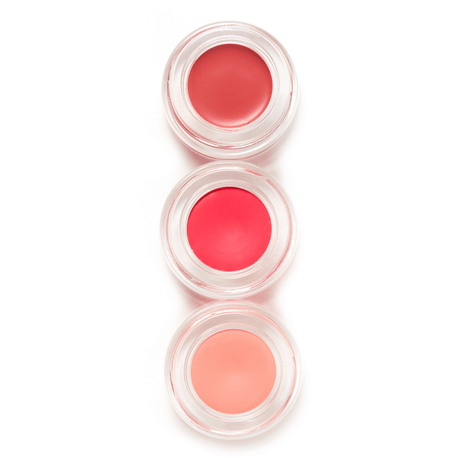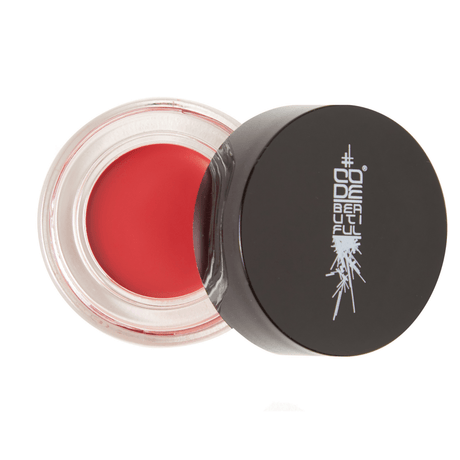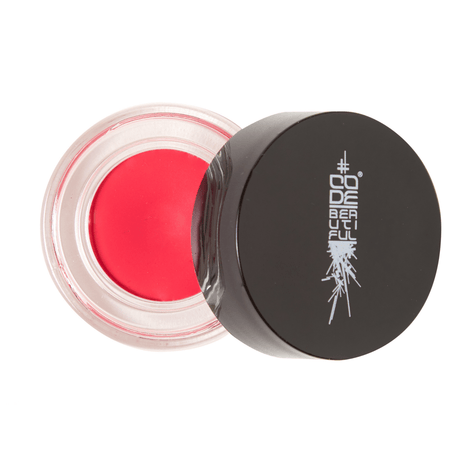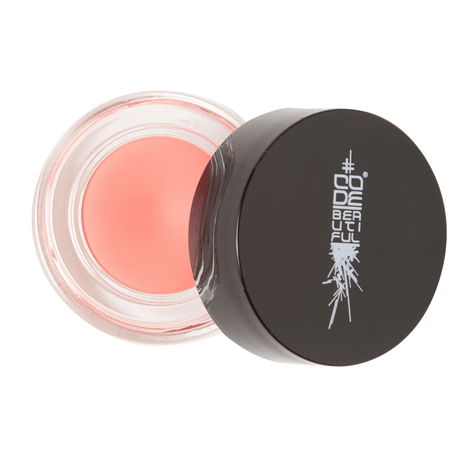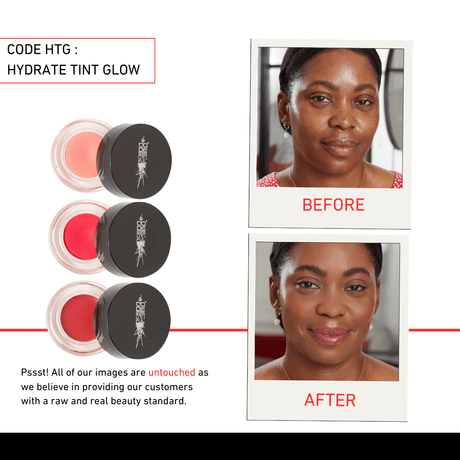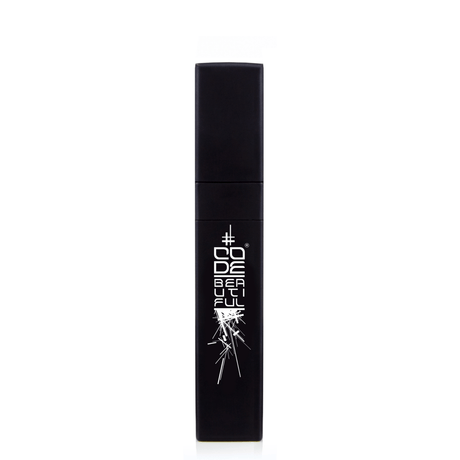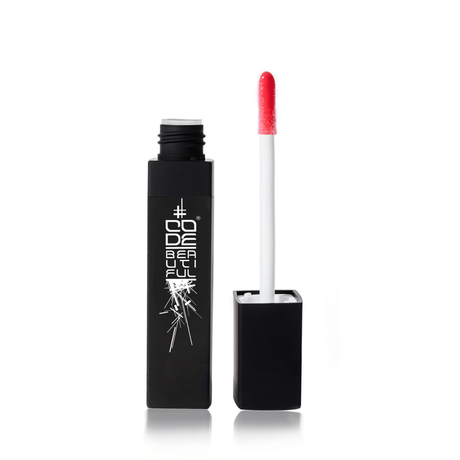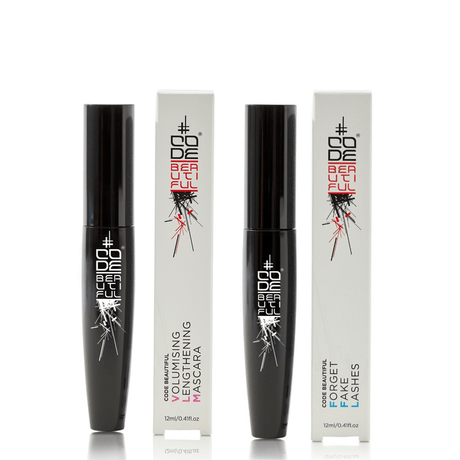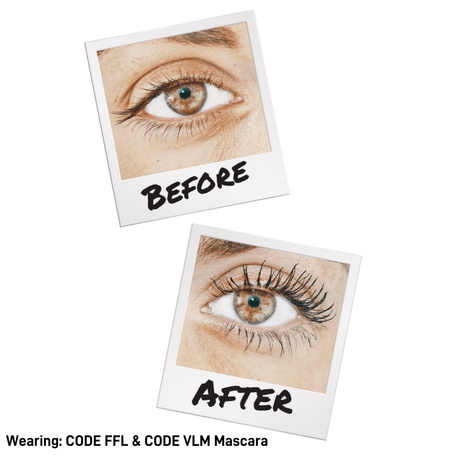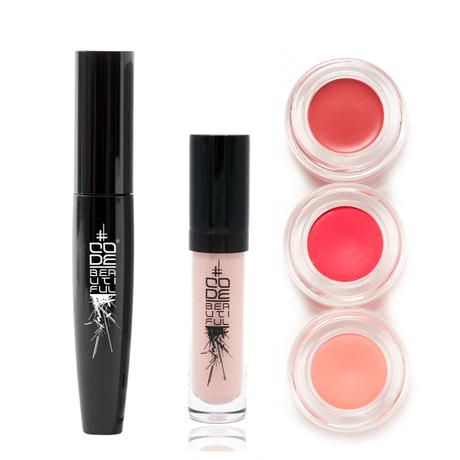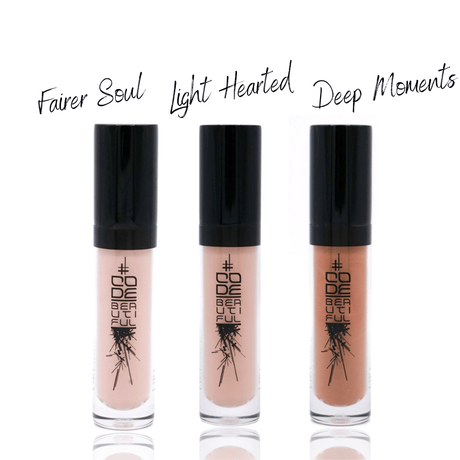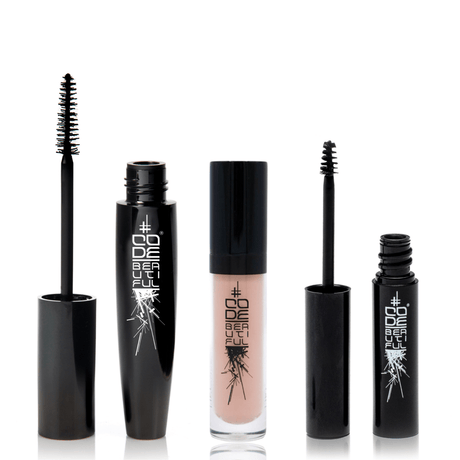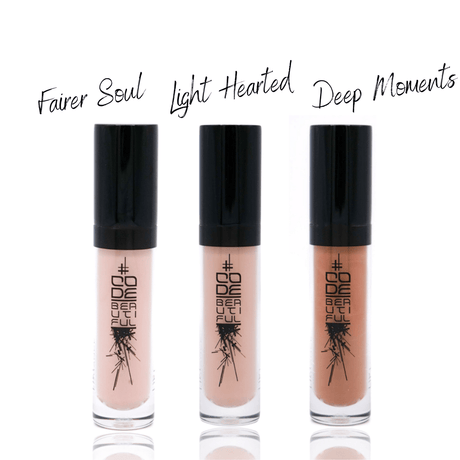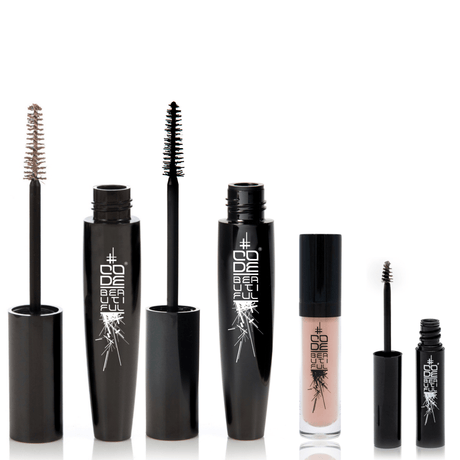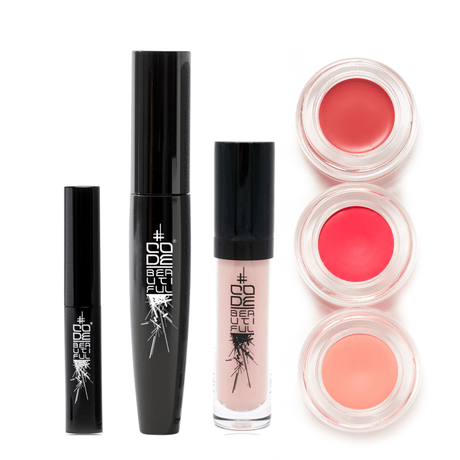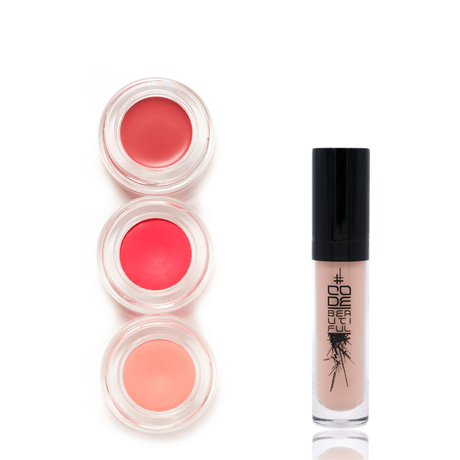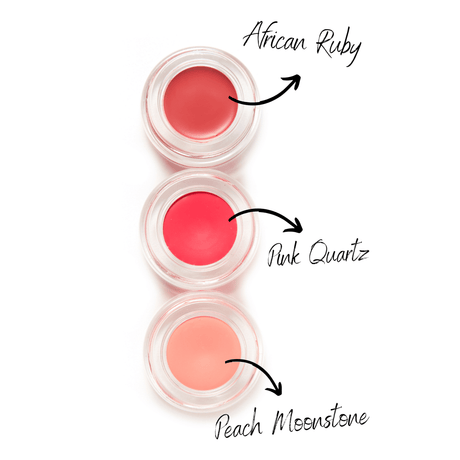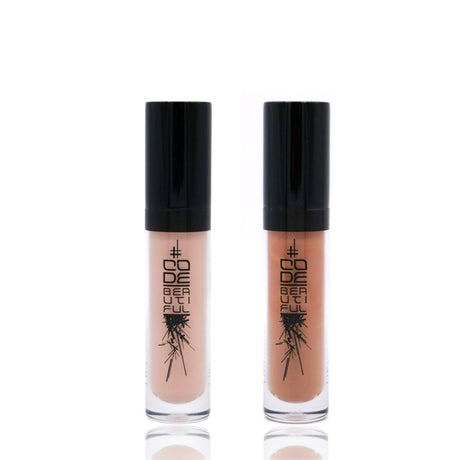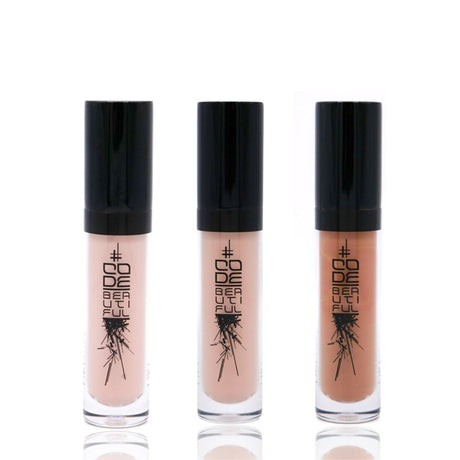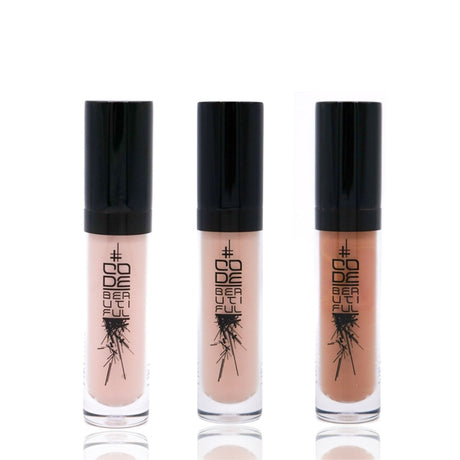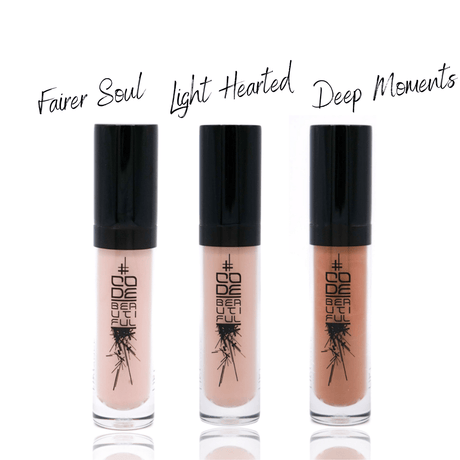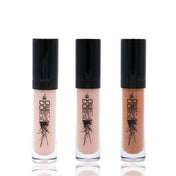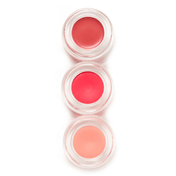It may not be something you want to think about (understandably), but dirt and bacteria find their way into your makeup everyday. Gross, right? In fact, according to the US National Institute of Health, virtually all in-use cosmetics, especially those in beauty salons, are contaminated with some sort of bacteria. Aside from being generally unpleasant to think about, these unhygienic stow-aways can lead to irritation, allergic reactions and even infection in some cases. Here’s what you can to clean up your cosmetics case and keep your makeup free of any unwanted nasties.

1.) Clean your Brushes
Make up brushes collect oil, dead skin cells and dirt that can spread around your face and contaminate your makeup. To clean your brushes, either use a brush cleaner or spray with a solution that is 1 part water and 9 parts alcohol after each use. Try to avoid submerging them all the way in water as this may lead to damage.
2.) Wash Up
Always wash your hands and face before you apply your makeup. This will avoid whatever bacteria you may have picked up from the world around you from finding its way onto into your makeup via your applicators.
3.) Don’t Forget the Case
You probably have noticed this…makeup bags get really dirty, really quickly. Every two weeks, take everything out and clean thoroughly. The easiest way to do this is with anti-bacterial wipes. If you feel like you haven’t managed to get it as clean as you would like, leave the empty case in the freezer over night. This will make sure there’s no lingering bacteria.
4.) Sharing isn’t Caring when it comes to Cosmetics
We all naturally have bacteria living on the surface of our skin. However, each person’s microflora is unique and can be harmful to other people. Sharing makeup also increases the chances of contamination. Just don’t do it, k?
5.) Clear it out
Though it may seem absurd to buy a new foundation or mascara when you’ve still got some left, using makeup past its expiry date can have dire consequences for your skin. Changes in colour, texture, odour or the way the product feels on the skin are all signs it might be past its prime. Out-of-date makeup can cause redness, irritation and sometimes even infection, so it’s important to make sure you’re on the look out for these signs. As a general guide, foundations and powders should not be kept longer than a year whereas lipsticks and eyeshadows last a little bit longer. Mascara is the most important product to replace regularly—about every three months. If you’re wondering if it’s time to replace your mascara check out this handy guide.

